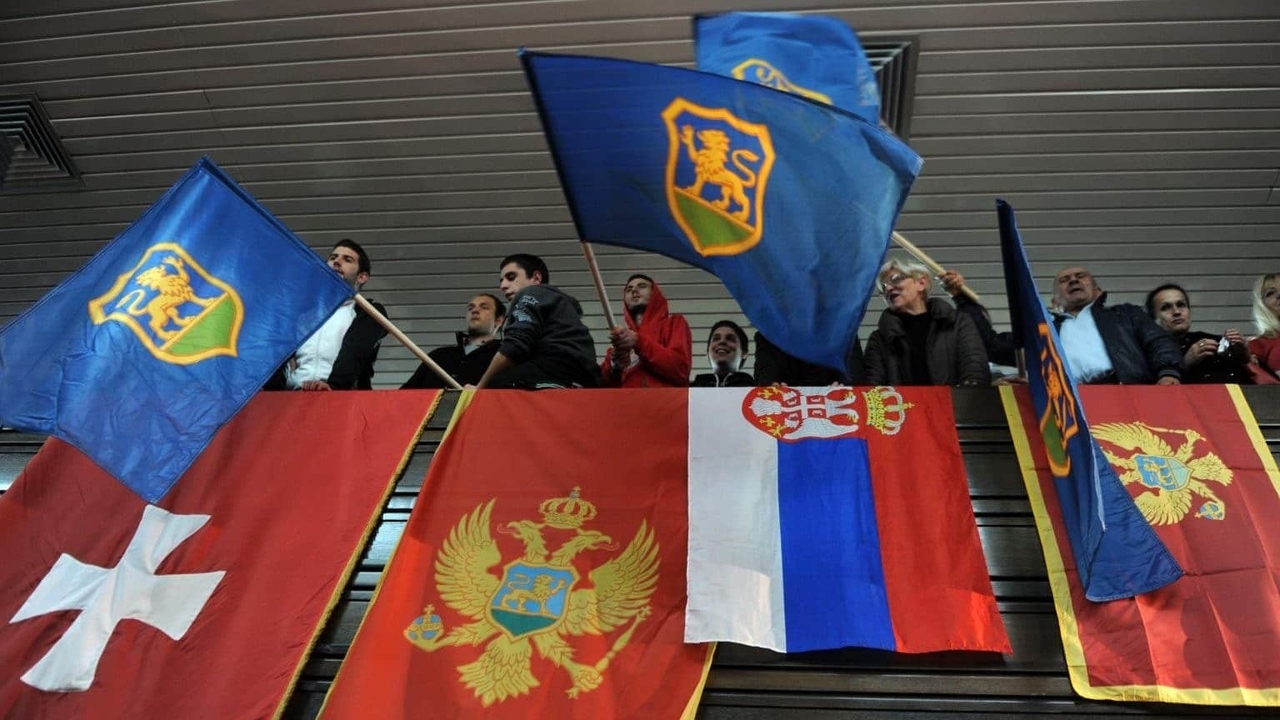The Balkan state of Montenegro is once again witnessing conscious efforts to spark unresolved ethnic tensions. The immediate reason is the installation of monuments dedicated to icons of various ethic communities. Some of the recent installations have already led to a blame game between the various ethnic groups, with accusations of ethnic chauvinism being leveled.
Several monuments installed by the Albanian minorities, including of the Albanian nationalist leader Dede Gjon Luli and the guerrilla leader Yusuf Celaj, among others, have irked the Montenegrin Serbs. They allege that Luli had fought against the Montenegrins while Celaj and his soldiers had aided the Nazis in a massacre in the Montenegrin village of Velika in July 1945.
Mića Popović, First secretary of the New Communist Party of Montenegro (NKPJ) told Peoples Dispatch that the installation of monuments to Albanian and Serb heroes and military leaders has been causing controversy in Montenegro, with the authorities accused of seeking political advantage from their ambiguous official policy on memorialization. There is political abuse around every issue over which there is partial disagreement in Montenegro. In most cases, it has little to do with the monument, but the government and the opposition are deflecting the public’s focus from socio-economic issues onto topics that are attractive to take about.
The Serb leadership has already criticized the government of Montenegro for not permitting the ethnic Serbians in the country to install monuments commemorating heroes from their community, citing political reasons, while giving a free run to other groups to do the same.
Civil wars driven by ethnic conflicts were a major factor resulting in the disintegration of the erstwhile Socialist Federal Republic of Yugoslavia (SFRY) in 1992, followed by the formation of six new states, including Montenegro. The wars caused a huge loss of life, mass destruction of property and large-scale displacement in many of these countries and ethnic tensions still prevail in the region.
45% of people of the country identify as Montenegrin while 29% are Serbs and 5% are Albanian. Members of the Bosniak and Croat communities also live in the country. The new provocations are dangerous for the peace and stability of other countries in the region as well.
According to Balkan Insight, different sections of society have complained that the government’s insensitive handling of these ethnic tensions is allowing conflicts to escalate in order to distract attention from the country’s widespread social and economic problems.





